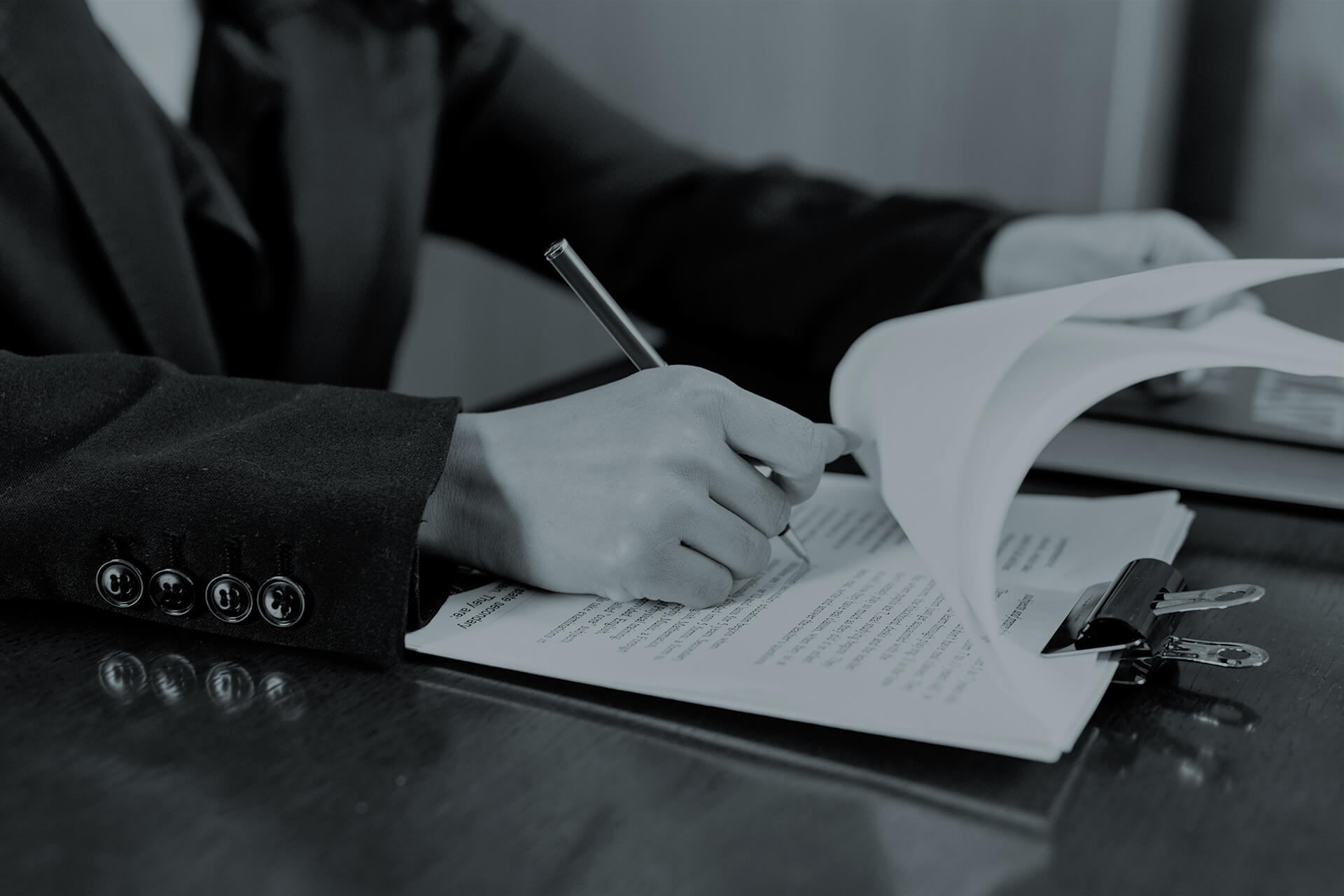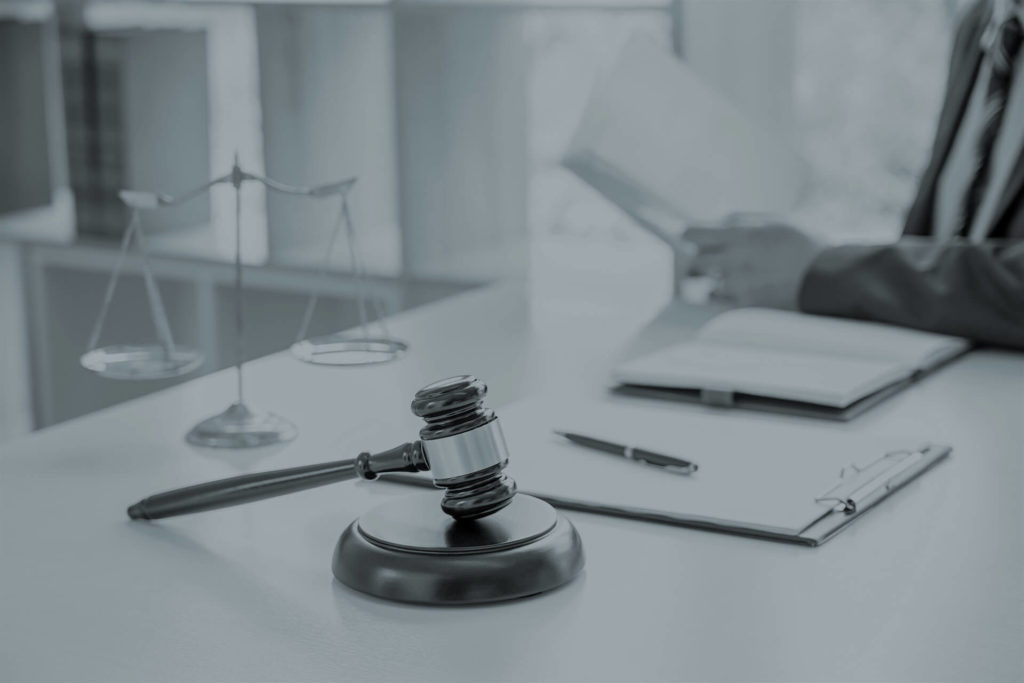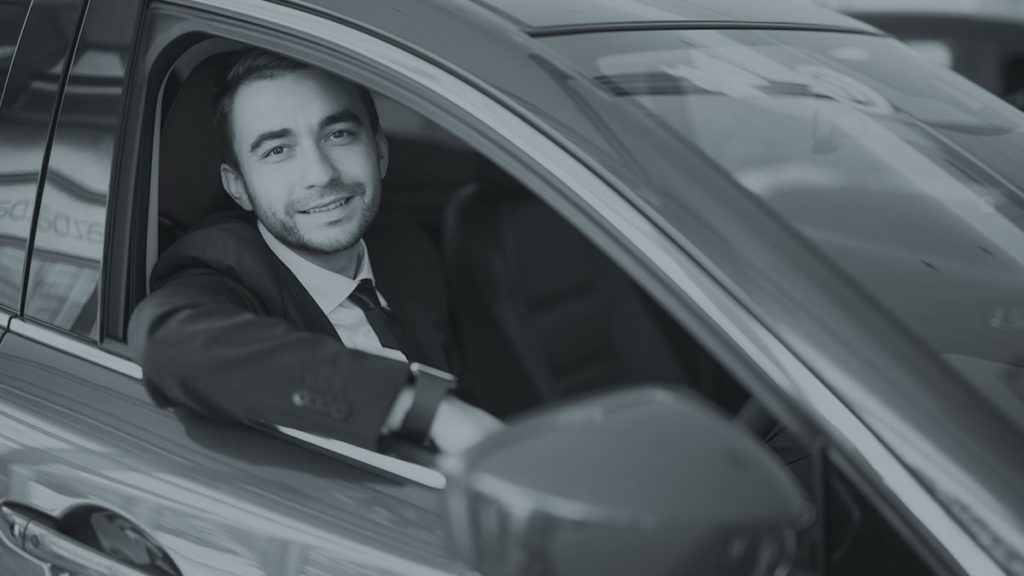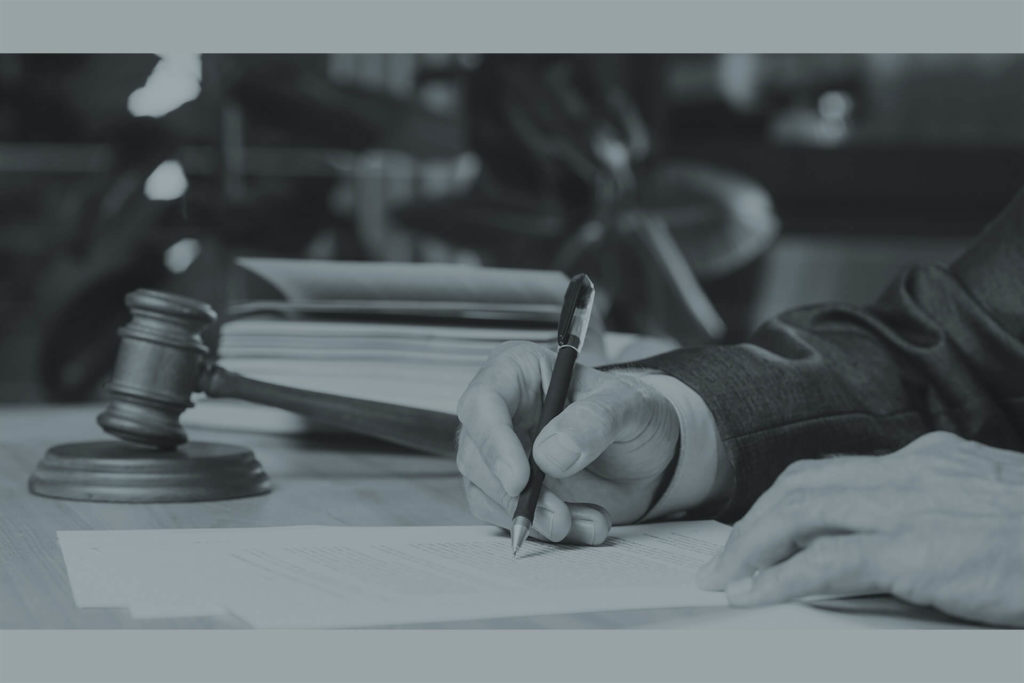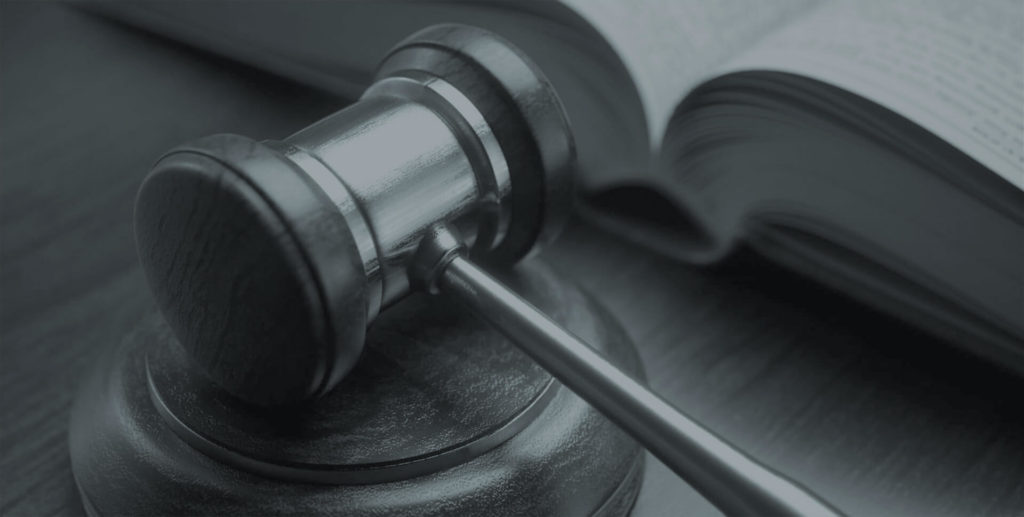Send your enquiry.
Contact us for a free, initial no obligation consultation.
"*" indicates required fields
Your information is safe and treated in accordance with our Privacy Policy
Those who passed their driving test within the last two years cannot accumulate six or more penalty points. If you do, your licence will be automatically revoked. You will have to sit your theory and practical driving tests again to get your licence back.
In this article, we explore what it means to be a new driver, what it means to have your licence revoked, and how to maintain your driving privileges.
Do you want to save your licence?
If you face losing your driving licence and you want to discuss your options, contact us at Ashmans Solicitors. Our motor defence lawyers offer expert legal advice for a fixed fee. We act on behalf of all motorists, including new drivers.
New drivers and the law in England and Wales
New drivers in England and Wales will lose their licence if they accumulate six or more penalty points within the first two years of passing their driving test. This is set out under the New Drivers Act.
The penalty points system in the UK assigns a certain number of points to different driving offences, such as speeding, using a mobile phone while driving, or driving without insurance. If you commit an offence that carries penalty points, you will have those points added to your driving record.
If you accumulate six or more points within the first two years of passing your driving test, your licence will be revoked. You will have to retake both the theory and practical tests to get a new licence. Most offences carry at least three penalty points, while some carry six or more. Therefore, you need only commit one or two offences before losing your driving licence. This is a scary prospect, and it is surprising how quickly it can happen.
What is a new driver?
In England and Wales, a new driver is someone who has recently passed their driving test and has been granted a full driving licence for the first time. This applies to both those who have taken a car driving test, and those who have passed motorcycle, bus or lorry driving tests.
Under the New Drivers Act, a new driver is someone who has held a full driving licence for less than two years. During this two-year probationary period, new drivers are considered to be at a higher risk of being involved in road traffic accidents than more experienced drivers. Therefore, the rules for new drivers are stricter in terms of the number of penalty points that can be accrued before their licence is revoked.
What does it mean to have your driving licence revoked?
Having your driving licence revoked means that your right to drive has been taken away. You will need to apply for a new licence after a specified period.
If your driving licence is revoked, you will be required to surrender your licence to the Driver and Vehicle Licensing Agency (DVLA). You will not be able to drive any vehicle until you have applied for and received a new licence. As a new driver, having your licence revoked means that you will have to pass your driving test again, if you want to regain your driving privileges.
Can I avoid having my licence revoked once I have received six points?
Once you reach the six-point limit as a new driver, your licence is automatically revoked. Typically, you cannot save your licence once this happens. Sometimes, it is possible to secure a driving ban instead of a revocation, but it is rare.
How do I save my licence as a new driver?
If you want to save your licence as a new driver, the best course of action is to argue against the offence that would tip you over the six-point limit. For example, if the police catch you driving while using a mobile phone, you will be given six penalty points and your licence will be revoked. But if you successfully argue against the charge, you avoid getting any points and your licence will be saved.
To avoid penalty points, you must either:
- Plead not guilty and win your case
- Plead guilty but argue a case of special reasons
Special reasons means that while you are technically guilty of the offence, you only committed it due to extenuating circumstances. For instance, it could be that you were using your mobile phone while driving due to a genuine medical emergency, or you were speeding because you were fleeing from danger.
Most commonly, special reasons are argued when someone is found to be driving without insurance. In these cases, the driver often held a genuine belief that they were insured to drive the vehicle, perhaps because a parent or employer told them as much.
Should I accept a fixed penalty notice as a new driver?
Because you cannot accumulate six or more penalty points as a new driver, you should think twice before accepting a fixed penalty notice – even if it is your first offence.
For example, imagine you get three penalty points for a minor speeding offence within the first month of passing your test. You then cannot commit another motoring offence for the remainder of your two-year probationary period. This is a high-risk position to be in; another minor speeding offence could mean you lose your licence and have to re-take both your theory and practical driving tests.
Because of this, it is in your best interests to avoid any penalty points whatsoever. If you can fight a charge, we highly recommend that you do so.
What happens to points on a provisional licence?
Any points on your provisional licence that have not expired are carried over to your full driving licence. This means any penalty points you get before passing your test could count towards your total tally.
What happens to the points after my licence is revoked?
Penalty points remain ‘valid’ for between three and 10 years, depending on the offence. They are not ‘wiped’ after your licence is revoked. Instead, they stay on your licence until their expiry date. This means that once you get your licence back, you must be very careful not to accrue any additional points.
Get expert legal advice
If you are facing an offence as a new driver, you should think carefully about how to proceed. Without a proactive approach, you could very easily accumulate six penalty points and have your licence automatically revoked.
Our motor defence solicitors are on hand to provide expert legal advice. We can explain the options available to you, outlining whether you have a defence that could ultimately save your licence. We act on a fixed fee basis.
Call us on 0333 009 6275. We are available to take your call 24 hours a day, 7 days a week.
You can also email us on enquiries@ashmanssolicitors.com or complete our Free Online Enquiry Form and we’ll be in touch soon.
